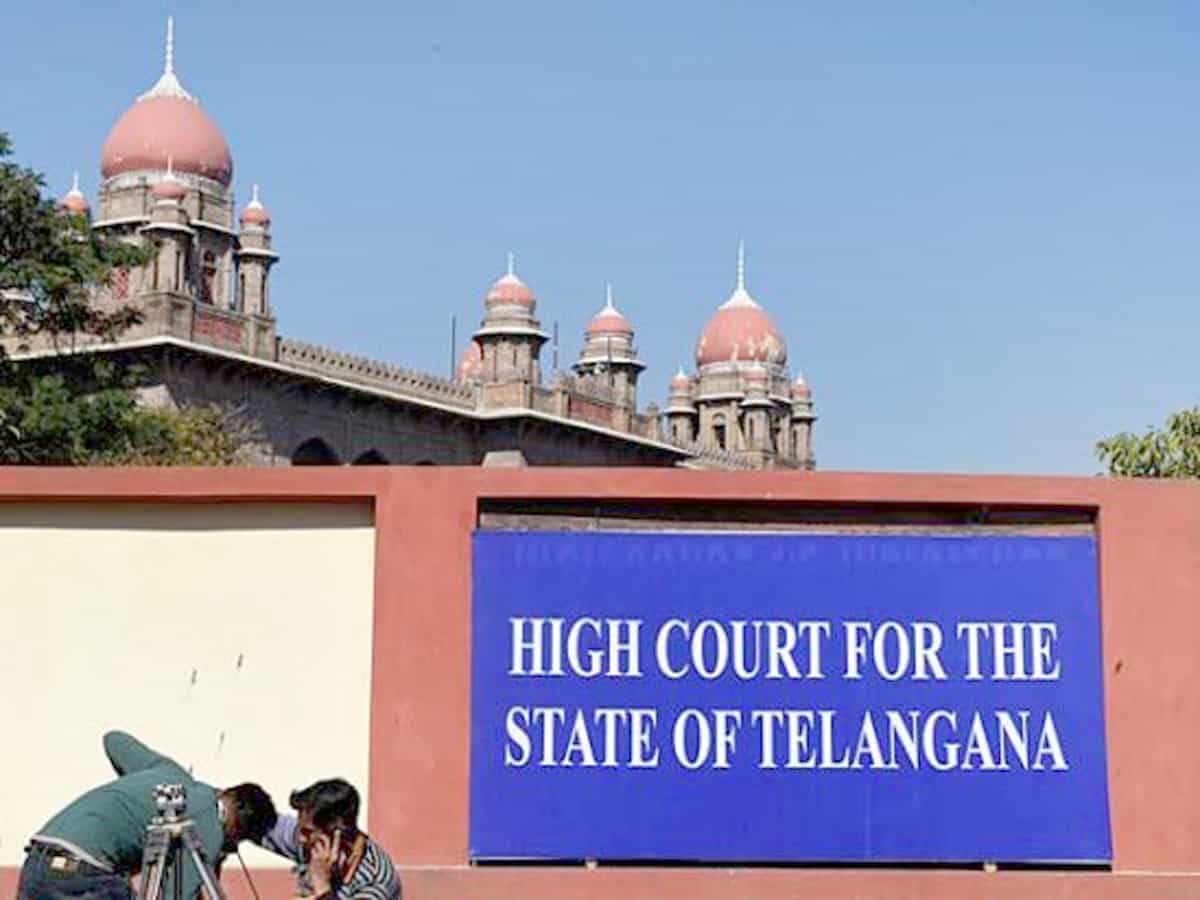
Hyderabad: The Telangana High Court recently intervened on behalf of a Scheduled Caste (Madiga) family facing social ostracism from villagers in the Medak district.
The family was pressured to continue their traditional occupation of playing the ‘dappu’ (drum) during village ceremonies, despite the petitioner, P Chandram, having secured a private job in the city.
Justice B Vijaysen Reddy directed the Medak Superintendent of Police to provide immediate police protection to P Chandram and instructed the District Collector to take necessary steps for the relief and rehabilitation of the ostracized Dalit family.
P Chandram, a 33-year-old post-graduate in commerce from Osmania University, had relocated to the city for better employment opportunities.
However, over the past few months, he faced increasing pressure from villagers to abandon his job and revert to his family’s traditional profession of drum beating.
Gram Sabha calls for social boycott
On September 10, during a Gram Sabha meeting, villagers summoned him and demanded that he quit his private job. When he refused to comply, they passed a resolution to socially boycott him and his family.
The situation for P Chandram and his family became so dire that, as stated by his counsel V Raghunath, they were unable to even secure milk for their five-year-old daughter.
The counsel stated that when his daughter boarded the school bus, other students refrained from speaking to her due to fear of repercussions from the villagers.
In response to the harassment, Chandram lodged a complaint with the Manoharabad police, which resulted in the registration of a First Information Report (FIR). However, beyond this initial step, no significant action was taken, he added.
The villagers continued their social boycott and further resolved that Chandram’s family should return the ‘Inam land’ to the village panchayat.
They imposed a fine of Rs 5,000 on anyone who violated the boycott and threatened punishment of 25 ‘cheppu debbalu’ (beatings with footwear).
In his petition, Chandram expressed frustration that police authorities had not taken serious action beyond a single visit to the village.
After filing the FIR, villagers began threatening him with severe consequences if he did not withdraw his complaint.
When he approached the police again on September 17 to report these threats, he was informed that the accused were merely being counselled.



